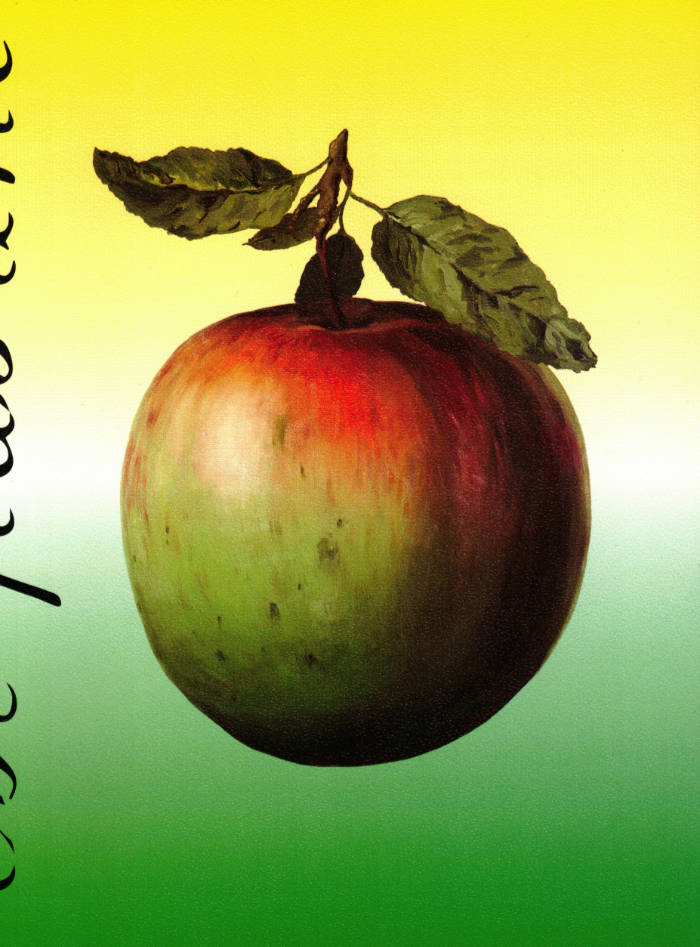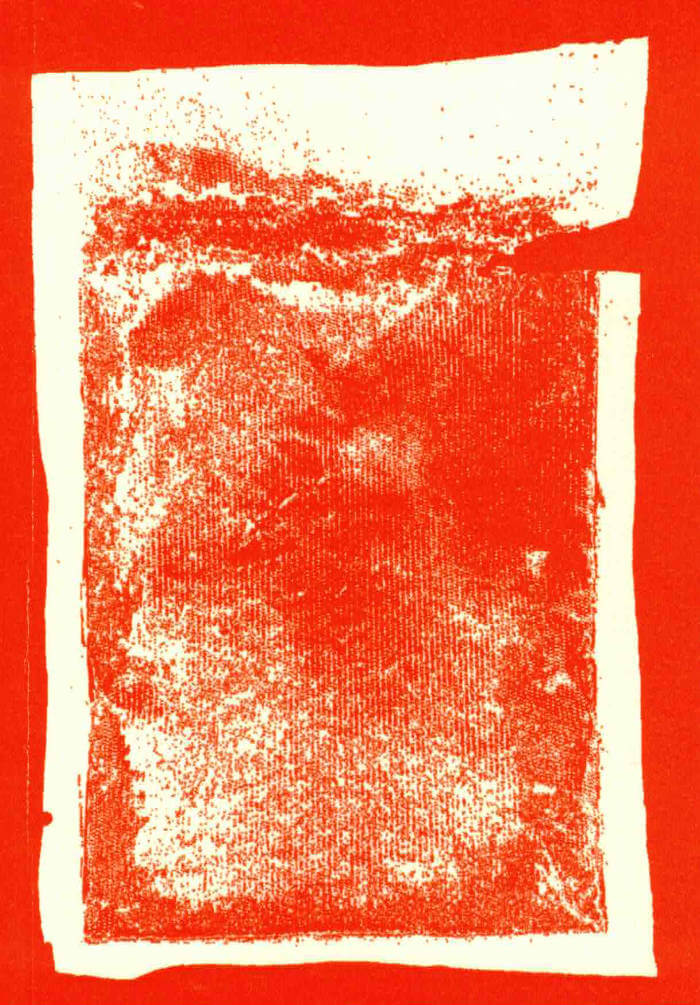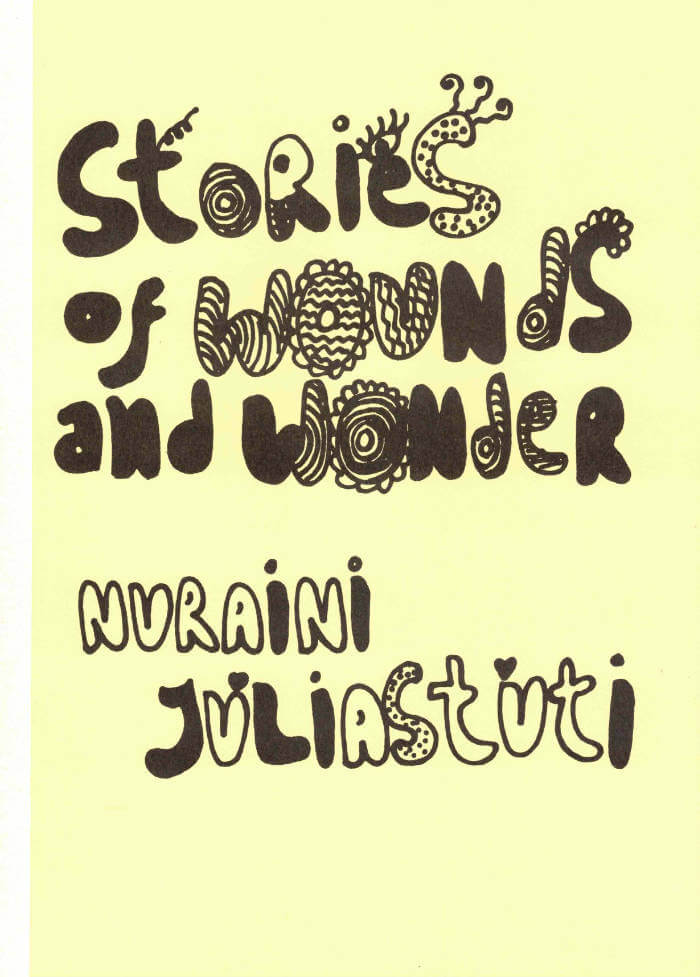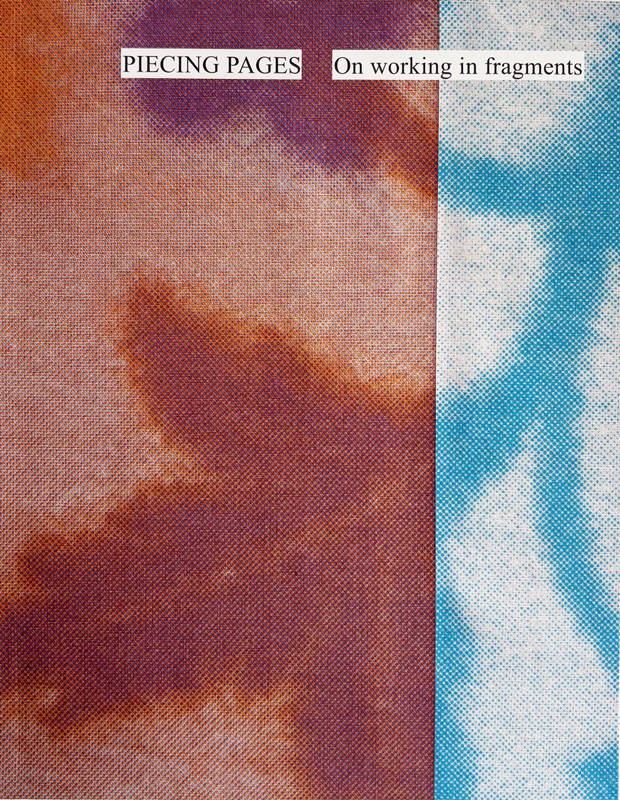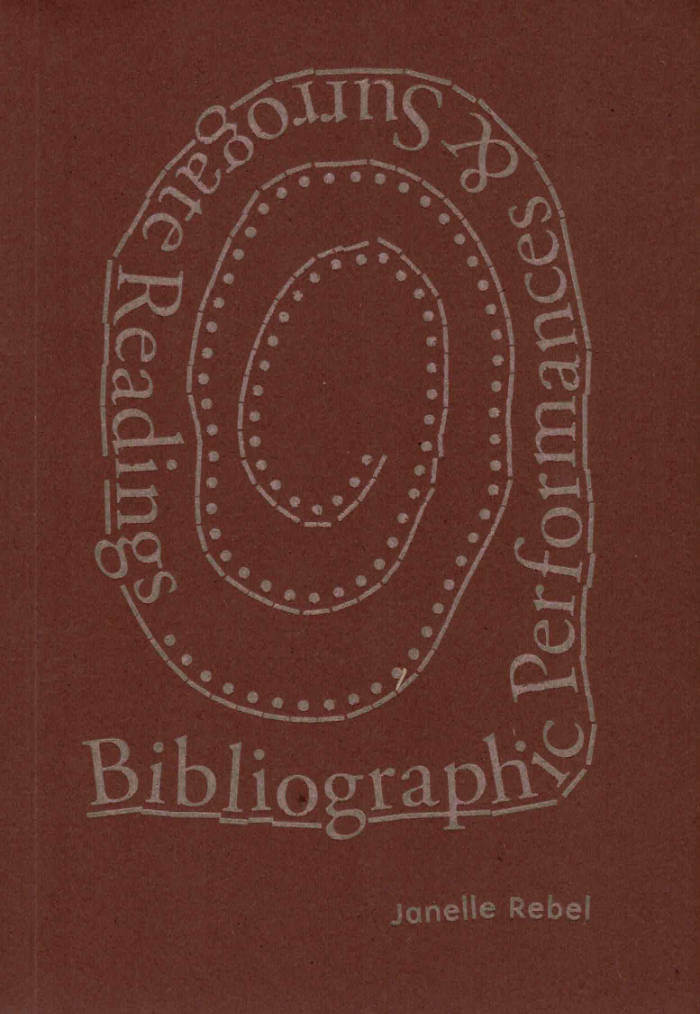
(Home Works) – A Cooking Book
Jens Strandberg, Jenny Richards
Home Works – A Cooking Book: Recipes for Organising with Art and Domestic Work, expands on cooking with art and food as a process for coming together and building collectivity. The book highlights the art and politics of eating together through a number of artistic, curatorial and tasty dinner recipes. Recipes that nourish and nurture conversations around domestic labour, collaborative practices and feminist politics, expanded upon through a series of essays and interviews.
The recipes were learnt during the cooking of Home Works; a research and exhibition programme investigating domestic labour and the politics of the home, hosted by the art space Konsthall C in Stockholm 2015-2017.
Home Works – A Cooking Book is a tool for everyone that wants to use art to challenge what work we value and how work is organised.
With contributions by: Samira Ariadad, Jonna Bornemark, Marie Ehrenbåge, Silvia Federici, Sandi Hilal, Dady de Maximo, Temi Odumosu, Jenny Richards and Jens Strandberg, Khasrow Hamid Othman, Halla Þórlaug Óskarsdóttir.
Language: English
